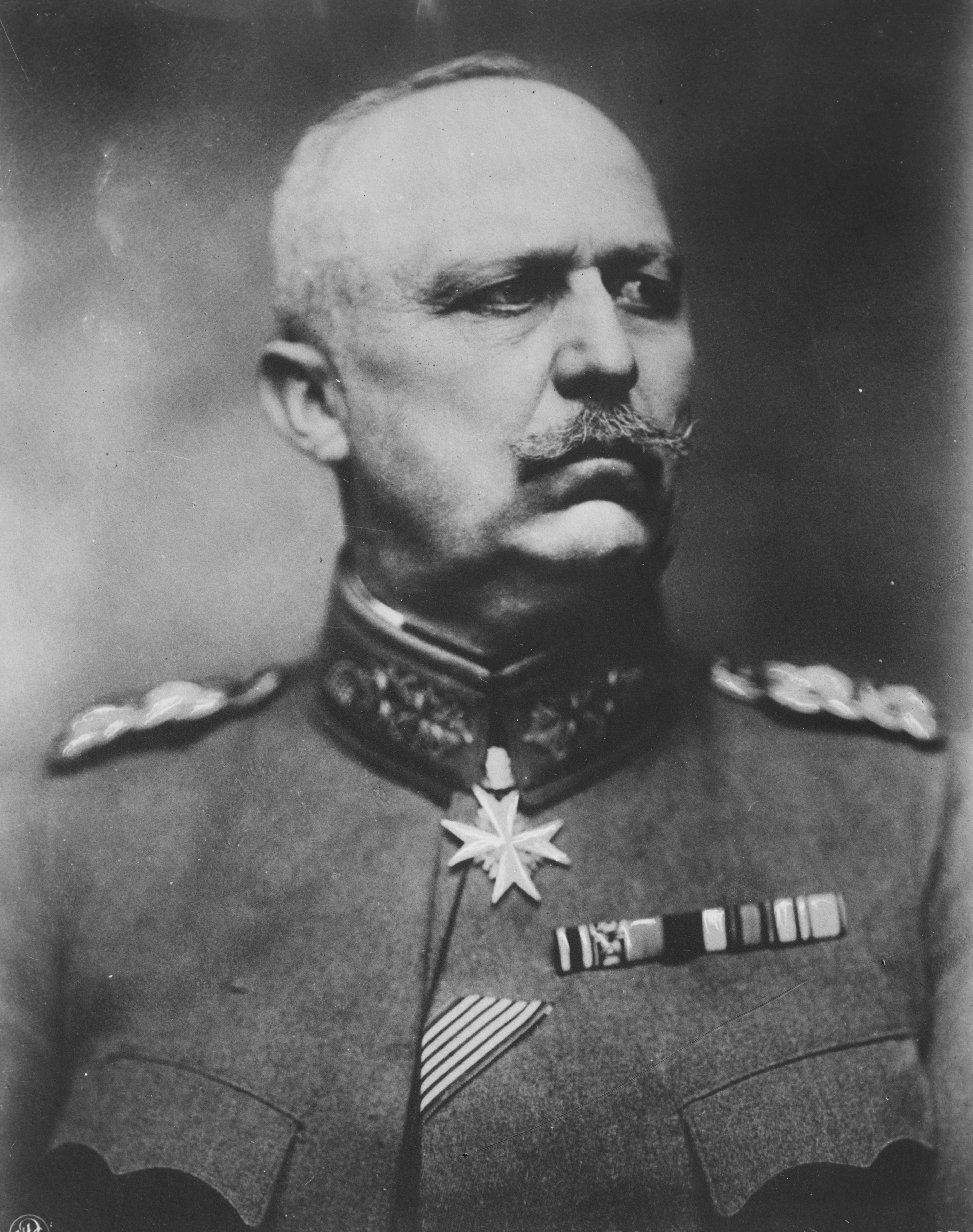“A field marshall is born, not made!”
In an attempt to regain Ludendorff's favor, Hitler paid Ludendorff an unannounced visit in 1935 and offered to make him a field marshal. Infuriated, Ludendorff thundered back with this statement. Quoted in "World War I: Encyclopedia" - Page 716 - by Spencer Tucker, Priscilla Mary Roberts - History - 2005
